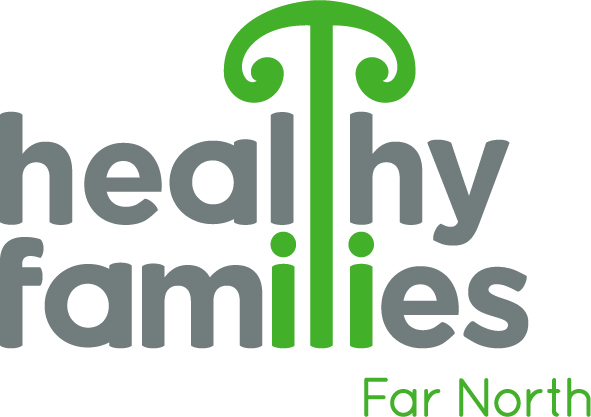Better health and wellbeing outcomes for Far North taitamariki is on the horizon, as a group of young leaders set to lead health reforms in Te Hiku for 2024.
He Taura – a rangatahi leadership group of 12 young people – have been meeting under the mentorship of The Moko Foundation to scope and design hauora solutions for taitamariki living in the area extending from north Hokianga to Doubtless Bay to Cape Reinga.

The group is part of the wider Taikorihi Locality initiative – one of several population health prototypes nationwide set up under the Pae Ora (Healthy Futures) Act 2022, to influence and inform the future investment of public health in New Zealand.
The group underwent an eight-week design sprint last year, which involved surveying over 100 of their peers on accessibility to health care, mental health supports and suggestions for improved services in Te Hiku.
Analysis of the results, coupled with previous taitamariki voice, has seen the group’s recommendations accepted by Te Whatu Ora, with three initiatives across Te Hiku scheduled to roll out this year to address the accessibility and availability of taitamariki sports, rangatahi leadership development and health services in kura kaupapa Māori.
Kaiwhītiki Kaupapa of Healthy Families Far North, Tereana Ihakara, who joined the roopu soon after starting her role out of Te Rūnanga o Whaingaroa, said the name, Te Taura Here - He Taura, is a reflection of the connections made within the group.
"I hua mai te whakaaro o tēnei ingoa i roto anō i ngā hononga kei roto i a mātou, ngā pūkenga kei roto i a mātou, ngā kōrero kei roto i tēnā, i tēnā o mātou. He taura e here nei i ēnei mea katoa, kia kotahi ai."
"When I was thinking of a name, I envisioned the connections we all share, the talents we hold, and the stories and ideas we can collectively contribute. It’s like a rope that weaves and binds us rangatahi together."
The group provides a safe space for rangatahi to express themselves freely, she added.
"He wāhi haumaru, he wāhi wehikore te nohotahitanga o te rōpū rangatahi nei. Ahakoa i ōna wā e āmaimai ana, e whakamā ana ētahi rangatahi, mā roto i te tūhono, i tākaro, i te mahi i ngā mahi ā te rangatahi ka makere atu erā taumahatanga."
"...Although there are times where rangatahi feel shy or nervous, we play games and do activities that young rangatahi do to connect and break the ice."
The Moko Foundation Health Research Co-Ordinator, Conor Watene, said the opportunity for Te Hiku communities and providers to deliver locally designed solutions is empowering youth voice to be heard amidst the noise of the current health landscape.
“We no longer see this top-down approach, whereby Ministry and the government would set the agenda and allocate the funding that traditionally would have gone to DHBs or PHOs or other agencies," he said.
"... we can now collect the whānau voice, we can set the agenda, and we can leverage the top hierarchical policy makers to respond to the needs of our whānau.”
The initiatives are currently in varying stages of development, and the Taikorihi model will see He Taura work with lead Te Hiku contract providers to deliver initiatives this year.
Addressing the participation rates of young people in sports will be the priority outcome of the Rangatahi Sports and Wellbeing Programme, being led out by Native Sports Performance.
The Moko Foundation will also be delivering a Rangatahi Leadership and Mentorship programme with He Taura members, to build on what has already been established within the group as well as more networking and personal and professional development opportunities.
He Taura member, Mereana Thomas, said young people in Te Hiku benefit most from participating in physical exercise and holistic lifestyles, but the positive outcomes don’t stop in the immediate term.
“In Te Hiku there are not a lot of opportunities here and that’s what our rangatahi are asking for. Access to structured sports programmes, sports days, sports facilities, more sports in school; this leads into sports careers which give you skill development, mentorship, and exposure to higher level competitions,” she said.
The final initiative to be piloted is Hauora in Kura – a project to re-introduce health services into kura kaupapa Māori with Navilluso Medical.
Taikorihi Programme Manager JJ Ripikoi said Taikorihi chose to focus on initiatives that addressed the mental wellness of taitamariki because "our whānau told us it was a matter of urgency."
"These three initiatives are designed by young people for young people. I think they will go a long way towards establishing some preventative measures we can build on in Te Hiku that will help turn the tide towards better health outcomes for our whānau.”
